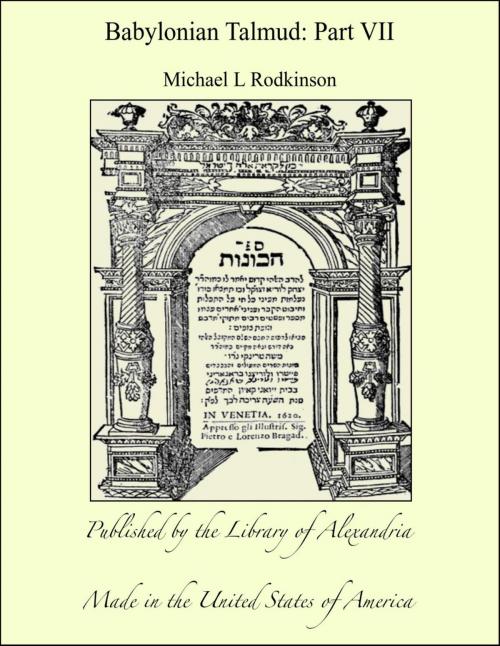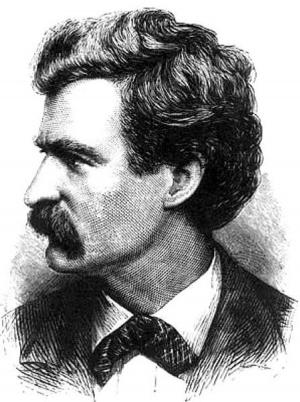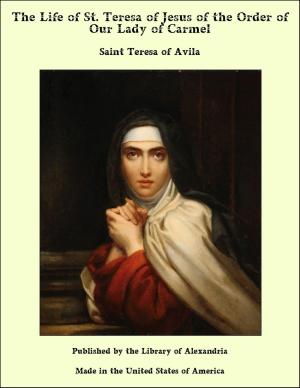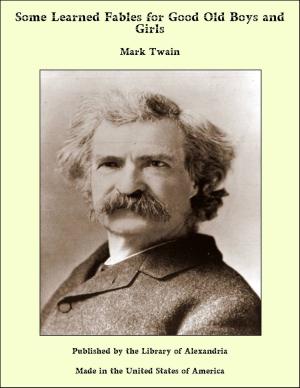Babylonian Talmud: Part VII
Nonfiction, Religion & Spirituality, New Age, History, Fiction & Literature| Author: | Michael L Rodkinson | ISBN: | 9781465579652 |
| Publisher: | Library of Alexandria | Publication: | March 8, 2015 |
| Imprint: | Language: | English |
| Author: | Michael L Rodkinson |
| ISBN: | 9781465579652 |
| Publisher: | Library of Alexandria |
| Publication: | March 8, 2015 |
| Imprint: | |
| Language: | English |
MISHNA I.: If one has stolen wood and made utensils of it, or wool and made garments of it, he must pay only for the cost of the material at the time it was stolen. If one stole a gravid cow and it brought forth young, or a sheep with its wool and he sheared it, he must pay the value of a gravid cow in its last month, or the value of a sheep ready to be sheared; if, however, the cow became gravid or the sheep grew its wool after the robbery, their value at the time they were stolen is to be paid. This is the rule: All robbers must repay the value of the article as it was at the time of the robbery. GEMARA: The Mishna states: Utensils of wood or garments of wool, from which it is to be inferred that when the utensils were not as yet made, but only planned, or the garments not yet bleached, the law is otherwise. Then there is a contradiction in the following Boraitha: "If one has stolen wood and planed it, stones and cut them, wool and bleached it, flax and cleansed it, the payment for it is to be taxed, as when stolen"? Said, Abayi: "The Tana of our Mishna states that not only an irremediable change makes the robber the owner of it so that he must not return the same, but the value of the material when it was stolen, which is biblical; but even a removable change, e.g., planed wood of which he made utensils that can be taken apart in such a way that the wood may remain in the same condition as when stolen, or spun wool, which can also be taken apart, etc., which change is only rabbinical. The Mishna comes to teach us, that even in such a case the robber acquires title by the change and must pay only the value of the material." R. Ashi, however, said: "The Tana of our Mishna speaks also of a change that is biblical. For instance, by utensils is meant even a planer with which he has only planed the wood, and by garments is meant unbleached felt-spreadings (which he has only bleached) which change is irremediable." If bleaching is considered an irremediable change, it would be contradictory of the following Mishna, which states: "If one had no time to give it to the priest until it was dyed, then he is free; but when it was only bleached, he must give it to the priest"? Said Abayi: "This presents no difficulty, as our Mishna is in accord with R. Simeon, and the other with the rabbis of the following Boraitha: If he has the wool from five sheep, a quantity of about a pound and a half, a part of it would go to the priests. If some of this quantity was already woven, it does not count. If, however, some of it was only bleached, according to the sages it counts, and according to R. Simeon it does not." Rabha said: "Both statements may be explained in accordance with R. Simeon, and there is no difficulty, as one of them speaks of it when it was only scattered, and the other one speaks of it when it was combed before bleaching." R. Hyya bar Abin said: "The one speaks when it was only bleached and the other when it was sulphurated." Now, then, how can bleaching be considered a biblical change, when even dyeing is not considered a change, according to R. Simeon; as is stated in the Boraitha concerning the gift of the first shearing to the priest, in the case mentioned above: "Do not exclude from the quantity even wool that was already dyed"? Said Abayi: "This presents no difficulty. The statement of R. Simeon, given by R. Simeon ben Jehudah in his name, that dyeing wool counts, is opposed to the rabbis, who declare that R. Simeon said it does not count (consequently, one Boraitha is in accord with R. Simeon ben Jehudah's statement and the other is in accord with the declaration of the rabbis).
MISHNA I.: If one has stolen wood and made utensils of it, or wool and made garments of it, he must pay only for the cost of the material at the time it was stolen. If one stole a gravid cow and it brought forth young, or a sheep with its wool and he sheared it, he must pay the value of a gravid cow in its last month, or the value of a sheep ready to be sheared; if, however, the cow became gravid or the sheep grew its wool after the robbery, their value at the time they were stolen is to be paid. This is the rule: All robbers must repay the value of the article as it was at the time of the robbery. GEMARA: The Mishna states: Utensils of wood or garments of wool, from which it is to be inferred that when the utensils were not as yet made, but only planned, or the garments not yet bleached, the law is otherwise. Then there is a contradiction in the following Boraitha: "If one has stolen wood and planed it, stones and cut them, wool and bleached it, flax and cleansed it, the payment for it is to be taxed, as when stolen"? Said, Abayi: "The Tana of our Mishna states that not only an irremediable change makes the robber the owner of it so that he must not return the same, but the value of the material when it was stolen, which is biblical; but even a removable change, e.g., planed wood of which he made utensils that can be taken apart in such a way that the wood may remain in the same condition as when stolen, or spun wool, which can also be taken apart, etc., which change is only rabbinical. The Mishna comes to teach us, that even in such a case the robber acquires title by the change and must pay only the value of the material." R. Ashi, however, said: "The Tana of our Mishna speaks also of a change that is biblical. For instance, by utensils is meant even a planer with which he has only planed the wood, and by garments is meant unbleached felt-spreadings (which he has only bleached) which change is irremediable." If bleaching is considered an irremediable change, it would be contradictory of the following Mishna, which states: "If one had no time to give it to the priest until it was dyed, then he is free; but when it was only bleached, he must give it to the priest"? Said Abayi: "This presents no difficulty, as our Mishna is in accord with R. Simeon, and the other with the rabbis of the following Boraitha: If he has the wool from five sheep, a quantity of about a pound and a half, a part of it would go to the priests. If some of this quantity was already woven, it does not count. If, however, some of it was only bleached, according to the sages it counts, and according to R. Simeon it does not." Rabha said: "Both statements may be explained in accordance with R. Simeon, and there is no difficulty, as one of them speaks of it when it was only scattered, and the other one speaks of it when it was combed before bleaching." R. Hyya bar Abin said: "The one speaks when it was only bleached and the other when it was sulphurated." Now, then, how can bleaching be considered a biblical change, when even dyeing is not considered a change, according to R. Simeon; as is stated in the Boraitha concerning the gift of the first shearing to the priest, in the case mentioned above: "Do not exclude from the quantity even wool that was already dyed"? Said Abayi: "This presents no difficulty. The statement of R. Simeon, given by R. Simeon ben Jehudah in his name, that dyeing wool counts, is opposed to the rabbis, who declare that R. Simeon said it does not count (consequently, one Boraitha is in accord with R. Simeon ben Jehudah's statement and the other is in accord with the declaration of the rabbis).















